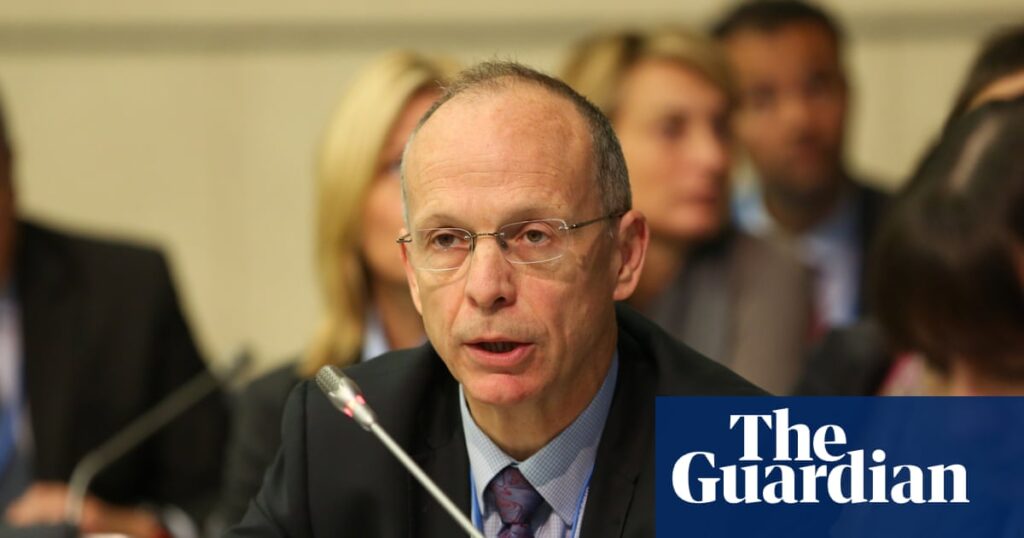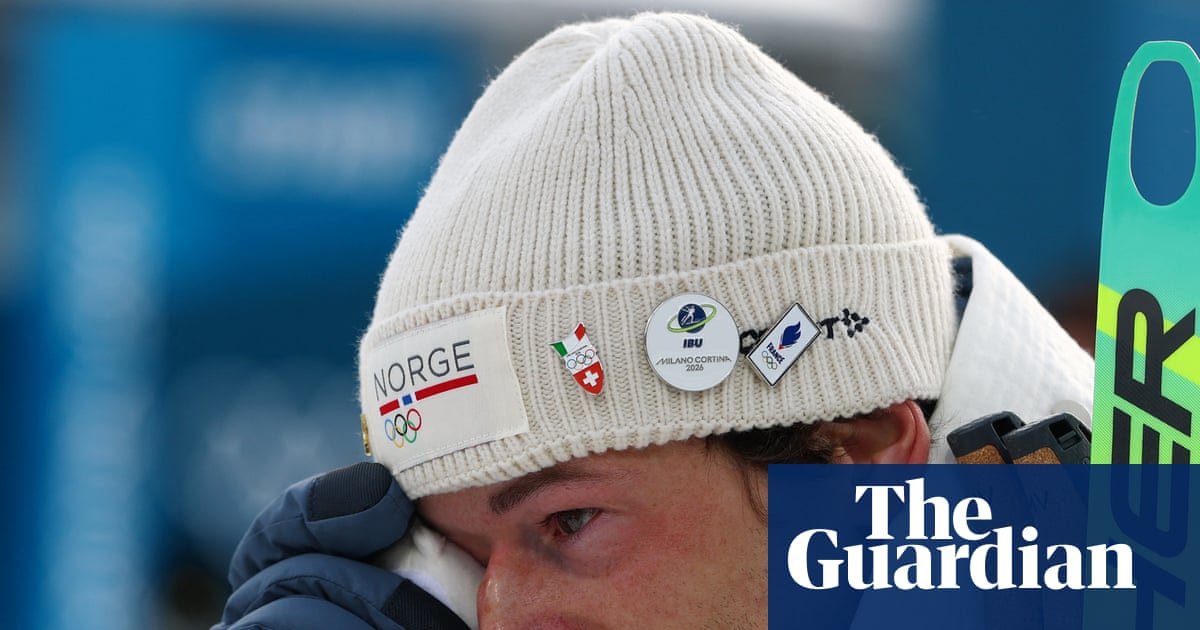
On March 15, 2022, a video call with a friend turned into a life-altering moment for a seasoned climate diplomat. As he experienced twitching on the left side of his face and slurred speech, his wife, Fiona, rushed him to the hospital, fearing a stroke. The journey was a somber reflection on mortality, yet devoid of fear or anger. Six days later, the diagnosis was confirmed: an aggressive brain tumor known as glioblastoma.
Unlike many cancer narratives that begin with uncertainty, this diplomat’s prognosis was starkly definitive: no cure, with a median life expectancy of 15 to 18 months. Despite the grim outlook, he found solace in the time afforded to make sense of his life and to continue his lifelong work in addressing climate change.
A Life Dedicated to Climate Action
Reflecting on his career, the diplomat considered writing an autobiography. However, he realized that his extensive experience in climate negotiations could offer valuable insights. He had spent years at the heart of UN climate discussions, leading the UK’s efforts and serving as the EU’s lead negotiator.
The diplomat’s journey in climate diplomacy began in 1994 when he moved to Brussels to negotiate environmental policies for the UK at the European Union. By 2015, he was a key figure in the lead-up to the Cop21 climate summit in Paris, advocating for ambitious climate agreements.
The Paris Agreement: A Collective Effort
Many individuals have been credited as the “architect” of the Paris Agreement, but the diplomat emphasized that it was the result of years of negotiations involving thousands of negotiators. The agreement represented the upper limits of what was achievable through these complex discussions.
On May 7, 2015, a Conservative government was elected in the UK, bringing Amber Rudd as the new secretary of state. This development gave the diplomat confidence heading into the Paris meeting, though there were risks involved, particularly in securing financial commitments to support high ambition among developing countries.
“We eventually managed to agree that we could commit to $5bn over the next five years, and planned to announce this in the run-up to Paris.”
Challenges and Breakthroughs in Climate Negotiations
The Paris Agreement negotiations were not without challenges. The diplomat recounts the “forestgate” incident, where a proposed financial pledge for forestry initiatives faced skepticism from senior UK officials. Despite initial resistance, the announcement proceeded, strengthening the UK’s international position.
The diplomat also highlighted the importance of personal relationships in negotiations. Understanding counterparts’ motivations and building trust proved more effective than legal drafting or procedural mastery. This was particularly true in the EU, where long-standing relationships influenced policy outcomes.
Pushing for Net Zero
In 2015, the concept of net zero emissions gained momentum, with discussions focusing on setting a timeline for achieving this goal. The diplomat noted that while the idea was not new, the urgency to formalize a timeframe was growing.
“There was plenty of academic work which tended to suggest that keeping the temperature increase below 2C implies net zero global CO2 emissions by about 2060 or 2070.”
Despite resistance from some emerging economies, the push for net zero became a priority for the EU and its allies. The diplomat worked on strategies to encourage countries to set individual goals aligned with the collective commitment.
Reflections on Success and Future Challenges
The Paris Agreement was hailed as a success for reinforcing global confidence in the climate agenda. Business commitments surged, and green groups welcomed the agreement, despite its limitations in addressing immediate emission reductions.
However, the diplomat acknowledged that the nationally determined commitments were insufficient for meeting the 2C target. The agreement’s legal framework and transparency measures were robust, but more work was needed to improve financial delivery and address loss and damage.
“At the highest level, Paris was a success because it massively reinforced the collective confidence of governments and businesses in the climate agenda.”
As the diplomat faced his own mortality, he remained hopeful that the lessons from his experiences in climate diplomacy would inspire future efforts to tackle the climate crisis. His story serves as a poignant reminder of the urgent need for collective action to safeguard the planet for future generations.






